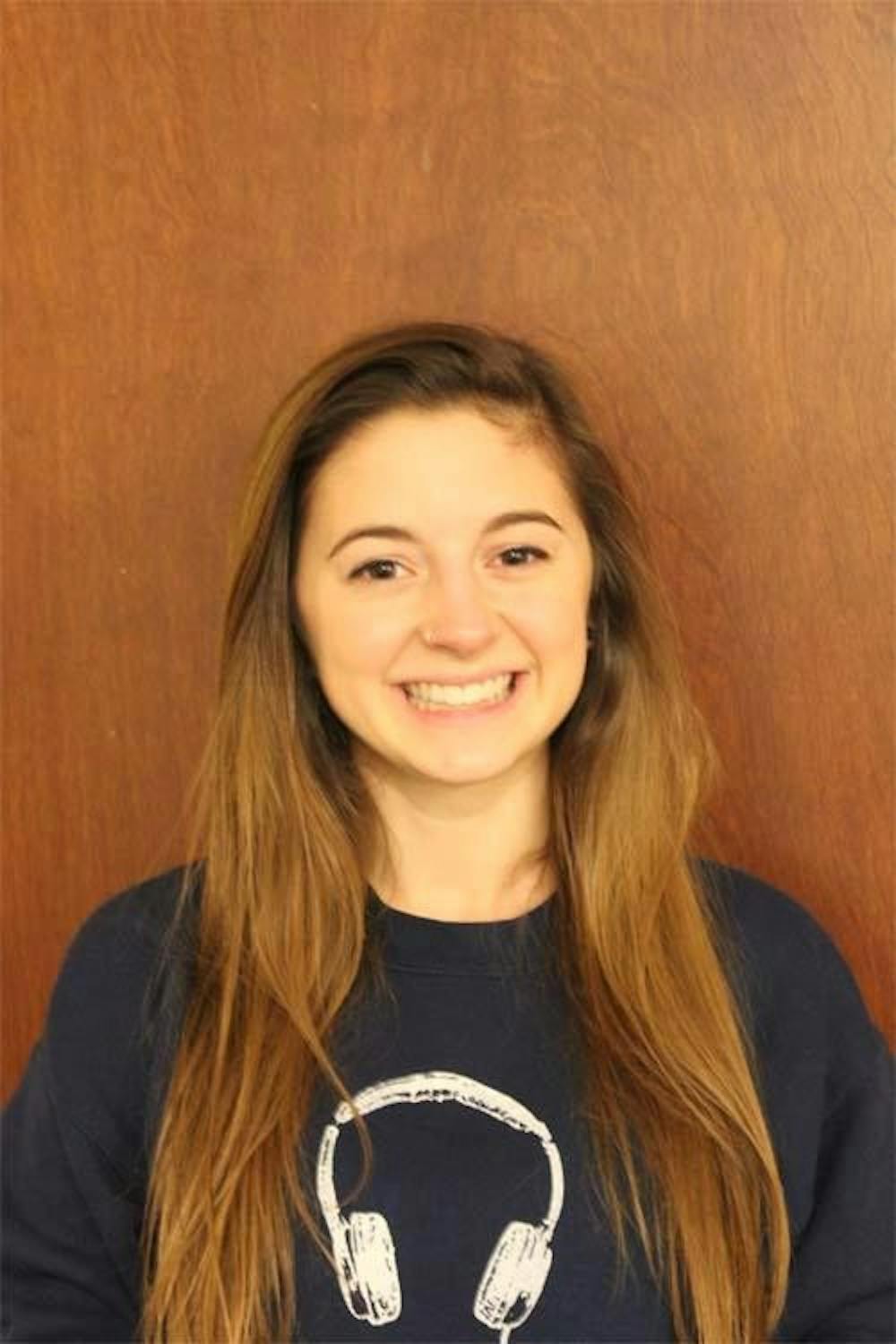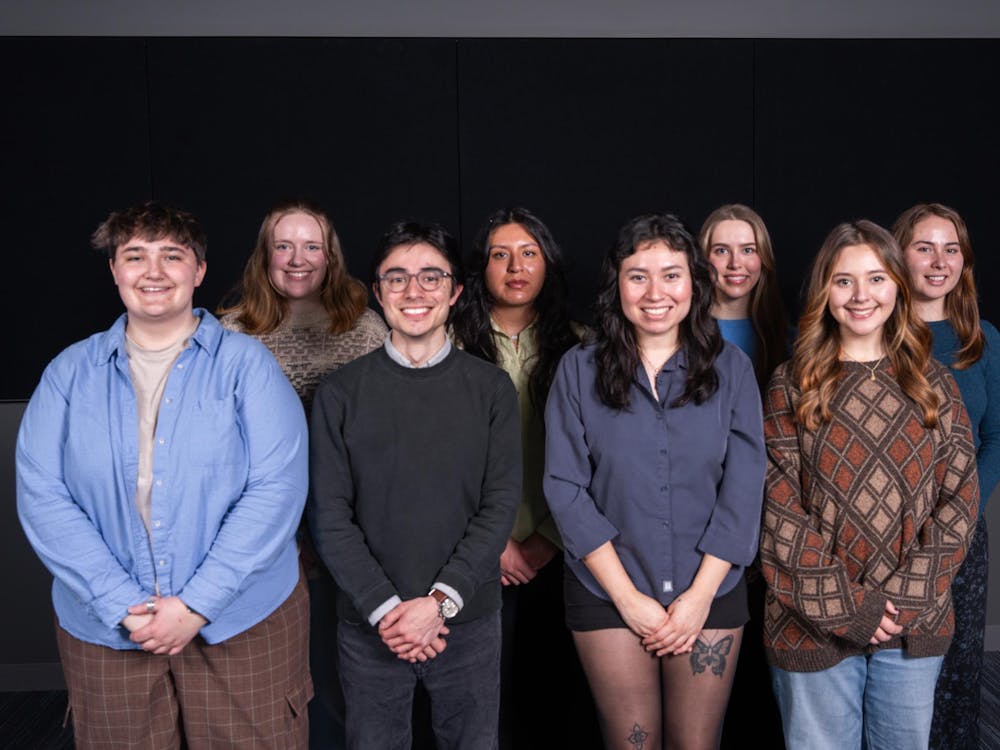Alyssa Thornburg (The Beacon)
By Alyssa Thornburg, Guets Commentary
I was incredibly disappointed, as I don't doubt many other people were, to discover the rumors about changes to theology curriculum were true. The announcement simply does not compute in my mind - why would our university consciously move from providing a class with a diverse curriculum consisting of a range of religions, all with incredible significance in our world today, to simply a narrowed Christian perspective?
It was quite ironic to flip through the rest of The Beacon issue and read about the International Education Week festivities taking place throughout campus this past week, such as the Prayers for Peace spoken in thirteen different languages. The importance of IEW, to quote Kevin Su, is, "...to educate and develop a wider understanding of world cultures, traditions and languages." I've always been proud to be attending a school that supports such diversity through a number of different outlets including religion, such as the recently established Muslim Prayer Room in Christie Hall, as well as the former Theology 101 class. How contradictory is it then, to be promoting the importance of broad cultural understanding while simultaneously cutting it out of our education?
When looking at the Core Curriculum objectives of the classes required for every student at UP, the core skill listed under Theology 101, clear as day, is "Diversity and Difference." What do the concepts of diversity and difference look like in a class that excludes all other religious teachings besides one?
The Core Outcomes of Theology 101, listed directly underneath, read, "Examine faith, its place in one's own life, and in the lives of others. Learn to live and contribute in a diverse society and interdependent world." These outcomes couldn't be of more importance, but cannot be achieved in a course made up of one viewpoint.
Faith in the lives of others can speak to the rising number of international students throughout campus. As pointed out in The Beacon article, it is simply not fair to teach solely a Christian doctrine to practicing Muslims, Hindus and others that identify with different religious affiliations that attend our school. In this increasingly "interdependent world," it is vital that we are educated in the cultures of others, and religion is certainly a significant factor in that equation. A global understanding cannot be underestimated if we ever hope to solve our global conflicts and work together on such encompassing issues like world peace and alleviating climate change.
Reading the justifications for the curriculum change in the Beacon article did little to answer my question of "Why?" The notion that a Christian religion class, rather than a world religions class would better serve the mission of our Catholic seems to disregard our student body.
Considering the majority of students enrolled here at UP have some sort of Western theological background, most have the basic knowledge that is covered in Theology 101. Yet I doubt most of these same students have had the opportunities to learn about Eastern and Middle-Eastern religions.
It cannot be forgotten either that Biblical Traditions is taught solely in a Christian perspective, as well as most all-upper division theology and theological perspective courses.
Don't get me wrong- I value learning about the Catholic tradition and certainly do believe it is important. But even at a Catholic university, we too should strive to learn and understand other religious perspectives as equally important in our world.
Perhaps I am so passionate about this change, not only because I see it as one that is unjust, but also because of my own experience in Theology 101. Undoubtedly one of the most powerful experiences in my college career was the trip I took to a nearby mosque, as part of the class requirement. The act of covering my hair with a headscarf and paying homage to a religious practice so culturally different was incredibly moving. It reshaped how I viewed the religion of Islam, and that experience will persist throughout my life. I am grateful for that opportunity, and it is one that I wouldn't have had if it hadn't been for Theology 101 as a world religions class.
I am saddened for future students that will not be able to have experiences like the one I did. Though Dr. Deming speaks of the curriculum change as, "...weighing advantages over disadvantages", I cannot see any good from this change.
Alyssa Thornburg is junior environmental ethics and policy major. She can be reached at thornbur14@up.edu








